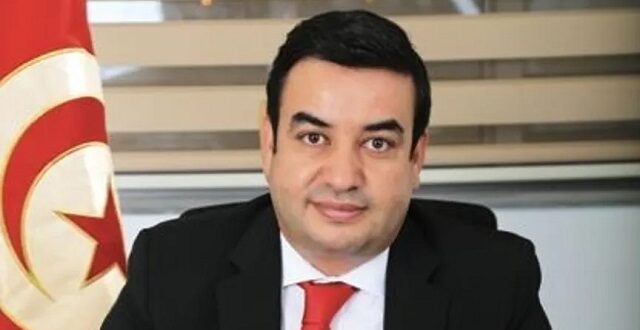The Tunisian regime continues to launch arbitrary arrests against rivals of current President Kais Saied in the presidential elections.
In this context, the Tunisian authorities arrested, on Monday, presidential candidate Ayachi Zammel, on charges of falsifying popular endorsements that are needed to run in the elections scheduled for October 6, a charge that the Tunisian regime used as a pretext to exclude Saied’s rivals.
Local radio station Mosaique FM quoted Mahdi Abdel Jawad, a member of Zammel’s electoral campaign, as saying: Presidential candidate Ayachi Zammel was arrested at his home at about 3:00 a.m. on suspicion of falsifying popular endorsements and added that “the matter has become absurd and aims to exclude him from the election”.
On Thursday, a Tunisian court decided to postpone the hearing of Zammel and the financial affairs officer of his movement “Azemoun” related to the charge of forging endorsements until September 19.
In early August, the court of first instance issued a ruling to imprison 3 presidential candidates on charges of “forging endorsements.”
Candidates are required to collect 10 endorsements from members of the House of People’s Representatives (the first chamber of parliament), or the same number from the Council of Regions and Provinces (the second chamber), or 40 endorsements from heads of local, regional, or municipal councils, or 10,000 endorsements in 10 electoral districts, with no less than 500 voters in each district.
Out of 17 candidacy files, the electoral commission announced the acceptance of the files of 3 candidates: President Kais Saied, Secretary-General of the People’s Movement Zouhair Maghzaoui, in addition to Zammel, before the judiciary returned 3 other candidates to the presidential race.
The government of President Saied is accused by the opposition parties, many of whose leaders are incarcerated, of pressuring the courts to bring charges against Saied’s opponents in the 2024 elections in order to help him secure a second term.
Parties assert that the holding of free and fair elections depends on the release of political prisoners and the freedom of the press to operate without interference from the state.
Since February 11, the Tunisian authorities have carried out an arrest campaign against political leaders, media professionals, and activists, who consider the exceptional measures imposed by President Kais Saied a coup against the revolution’s constitution (the 2014 constitution) and the consecration of absolute one-man rule.

























